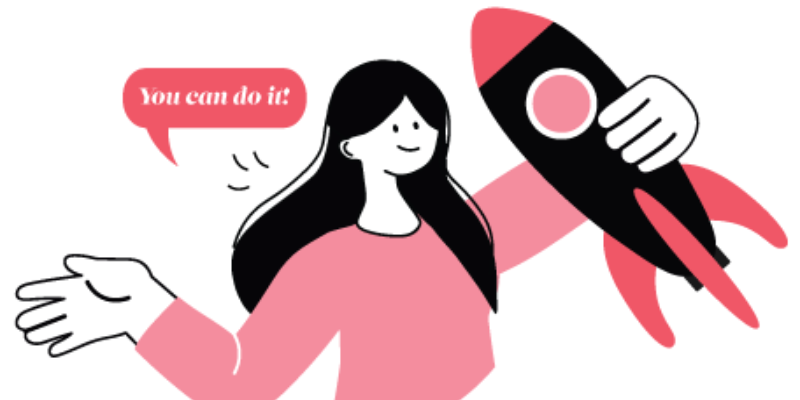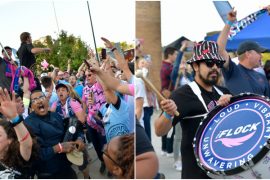By Jessica Steinhoff | Photography by Hillary Schave
For many Wisconsin women, starting a business in the 1980s involved more obstacles than a game of Super Mario Bros. Women faced barriers gaining access to capital, plus, state law required a male cosigner on any business loan they were offered. The Wisconsin Women’s Business Initiative Corporation (WWBIC) formed in 1987 to help remedy the situation.
Since then, WWBIC has provided upwards of $107 million in small-business loans to people with limited funds. This includes crowdfunded “nanoloans” through its Kiva@WWBIC program, which has no interest, no fees and no credit score requirement. Nearly 70% of the organization’s statewide client base identifies as female, and about 63% are people of color.
“WWBIC grew out of the women’s movement, to help level the playing field,” says Cheryl VandenBurgt, regional director for WWBIC’s south central office. “Many new entrepreneurs don’t have a track to follow or know all the facets of starting and running a successful business, so WWBIC makes those resources available.”
In addition to offering capital, WWBIC helps clients cultivate knowledge and connections through coaching, education and networking. Loan clients receive one-on-one coaching from WWBIC staff and community volunteers who’ve grown successful businesses. Training sessions on business plans and structures, accounting, marketing, human resources and more are also open to everyone. Most are free, many are virtual and several are in Spanish.
VandenBurgt encourages women to visit WWBIC’s south central Madison office for informal conversations about their business ideas and what obstacles they’re facing. She and her team point them toward resources that match their needs.
This process is especially important now since Wisconsin lost many small businesses due to the COVID-19 pandemic. Things seem to be turning around, though.
“More women seem to be starting businesses than they were a year or two ago,” VandenBurgt says. “In terms of who’s walking through our door, it’s a lot of female entrepreneurs with a side hustle or a hobby they want
to turn into a business. [It’s] also people who’ve left [their job] post-COVID to start their own business in hopes it will provide more flexibility and freedom than their previous nine-to-five.”
VandenBurgt and her team’s primary goal is working to build trust with each person who visits the office. The process starts with helping people feel welcomed and heard.
“Especially with people who’ve been marginalized over and over, this can mean acknowledging their barriers and recognizing how overwhelmed, frustrated or embarrassed they sometimes feel, and leading with compassion to help get them resources [to] move them forward in their business venture.”




